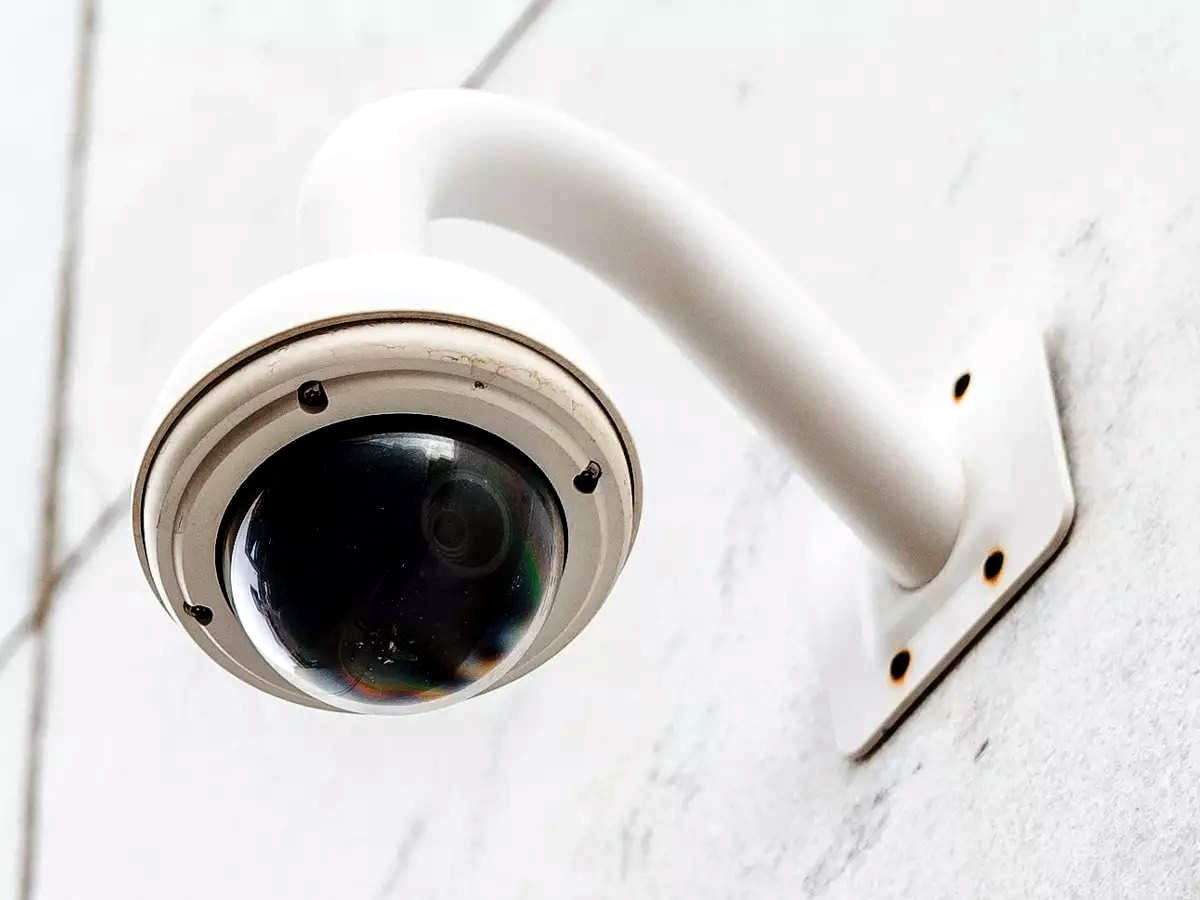Smart CCTV networks are driving an AI-powered apartheid in South Africa : The proliferation of smart CCTV networks in South Africa has raised concerns about the emergence of an AI-powered apartheid. While touted as tools for public safety and crime prevention, these surveillance systems are disproportionately targeting marginalized communities, exacerbating existing social inequalities. This article delves into the implications of this technology-driven discrimination and calls for a critical examination of its impact on human rights and social justice.
Smart CCTV networks are driving an AI-powered apartheid in South Africa

Surveillance Disparity
South Africa’s smart CCTV networks, equipped with advanced artificial intelligence algorithms, claim to enhance public safety. However, the reality paints a different picture. These systems have predominantly been deployed in economically disadvantaged areas, where marginalized communities already face socio-economic challenges. As a result, a surveillance disparity is created, leading to a discriminatory impact on those who are already marginalized and vulnerable.
Racial and Socio-economic Bias
The AI algorithms powering smart CCTV networks in South Africa have been found to exhibit racial and socio-economic biases. Due to biased training data or flawed algorithms, these systems often disproportionately target individuals from specific racial or socio-economic backgrounds. Consequently, innocent individuals belonging to marginalized communities become subjected to heightened surveillance, fostering a pervasive atmosphere of discrimination and distrust.
Reinforcing Inequalities
By concentrating surveillance efforts in already marginalized areas, smart CCTV networks inadvertently reinforce existing social inequalities. The increased scrutiny experienced by these communities further stigmatizes and isolates them, hindering their social mobility and reinforcing the cycle of poverty and marginalization. This technology-driven apartheid perpetuates the structural inequities that South Africa has been striving to overcome.
Erosion of Privacy and Civil Liberties
The expansion of smart CCTV networks poses significant threats to privacy and civil liberties. Constant monitoring and data collection infringe upon individuals’ right to privacy, raising concerns about the misuse and abuse of personal information. Moreover, the potential for racial profiling and wrongful targeting amplifies the erosion of civil liberties, diminishing trust in law enforcement agencies and exacerbating tensions between communities and authorities.
Alternative Approaches
To address the AI-powered apartheid emerging from smart CCTV networks, alternative approaches must be considered. Policymakers, law enforcement agencies, and technology developers should prioritize ethical considerations and adopt safeguards against bias and discrimination. Engaging with affected communities, ensuring transparency, and implementing oversight mechanisms can help prevent the misuse of surveillance technology and promote social justice.
Ethical Frameworks and Regulation
The use of smart CCTV networks in South Africa must be guided by robust ethical frameworks and clear regulations. These frameworks should address issues of bias, fairness, and transparency, ensuring that surveillance technology does not perpetuate existing inequalities. Regulation should also include mechanisms for independent audits, accountability, and legal redress to prevent the abuse of power and protect the rights of all individuals.
Empowering Communities
Instead of subjecting marginalized communities to constant surveillance, efforts should focus on empowering these communities. Investments should be directed towards addressing root causes of crime and socio-economic disparities, such as education, healthcare, and job opportunities. By uplifting communities, promoting social inclusion, and addressing systemic inequalities, a more equitable and just society can be fostered.
Final Words
The proliferation of smart CCTV networks in South Africa has inadvertently deepened social inequalities, perpetuating an AI-powered apartheid. It is crucial to critically assess the impact of this technology on human rights, privacy, and social justice. By prioritizing ethical considerations, implementing robust regulations, and empowering marginalized communities, South Africa can strive towards a more inclusive and equitable society that respects the dignity and rights of all its citizens.
